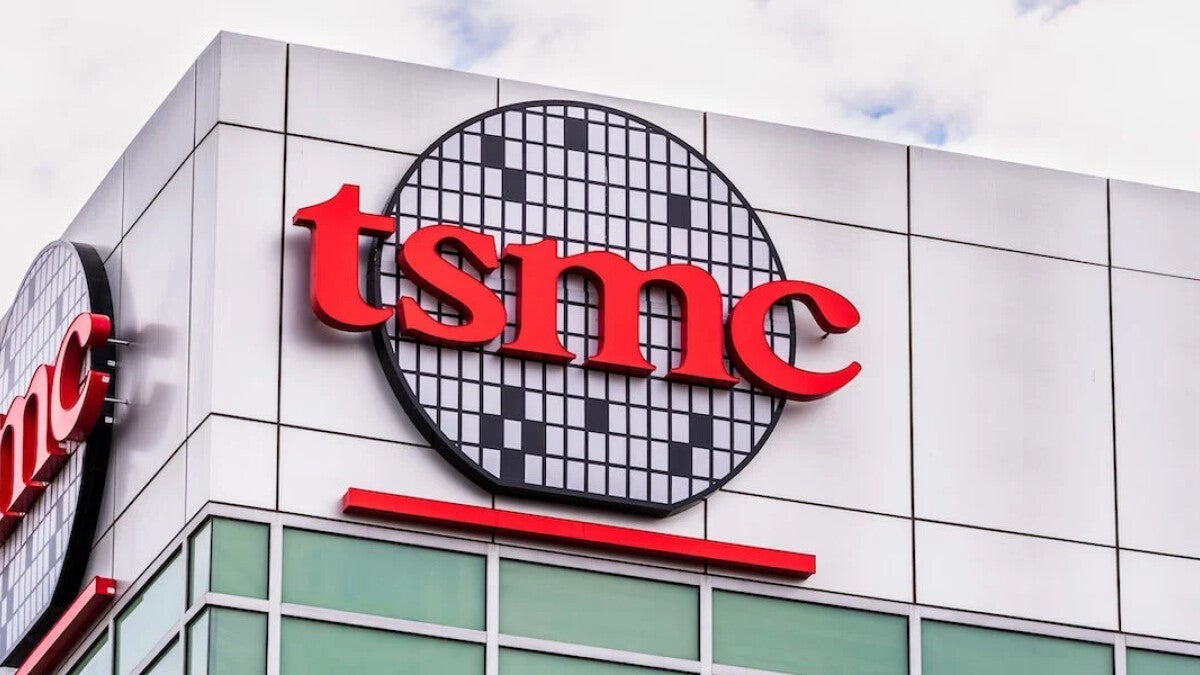
This settlement marks a major milestone below the US Chips and Science Act, a $52.7 billion program launched in 2022 geared toward boosting home chip manufacturing, Reuters reviews.
Being the main chip producer from Taiwan, TSMC has considerably elevated its deliberate funding within the US, elevating it by $25 billion to a complete of $65 billion. The growth plan now features a third manufacturing facility (known as a “fab”) in Arizona, anticipated to be accomplished by 2030.
By 2028, TSMC’s second Arizona facility is ready to start out producing cutting-edge 2-nanometer chips, among the many most superior on this planet. The corporate has additionally dedicated to utilizing its state-of-the-art “A16” chip manufacturing expertise at this website.
TSMC performs an important function within the smartphone trade as a result of it produces tiny, high-performance chips that energy our units. These chips are just like the “brains” of smartphones, permitting them to run apps, connect with the web, and course of advanced information effectively. The decrease the “nm” quantity, the extra superior, highly effective, and environment friendly a chip is, usually talking.
US Commerce Secretary Gina Raimondo highlighted the importance of this deal, noting that many initially doubted TSMC would convey its most superior applied sciences to the US, anticipating as an alternative older-type chip manufacturing (like 5nm and 6nm chips). Nevertheless, Raimondo identified that TSMC’s dedication to utilizing its newest, most subtle chip-making processes in Arizona is a significant win for US tech capabilities. Let’s have a look at.
The subsidy package deal additionally consists of as much as $5 billion in low-interest authorities loans. TSMC will obtain funds because it reaches key undertaking milestones, with at the very least $1 billion anticipated to be disbursed by the top of the yr. As a part of the settlement, TSMC has agreed to not have interaction in inventory buybacks for the subsequent 5 years, besides in particular circumstances. Moreover, the corporate has pledged to share any additional earnings from the undertaking with the US authorities by a profit-sharing mechanism.
TSMC CEO C.C. Wei expressed optimism in regards to the deal, emphasizing that the funding will assist speed up the event of superior semiconductor manufacturing within the US. This transfer is a part of a broader technique by the US authorities to encourage home manufacturing of semiconductors, a important part in electronics, and scale back dependence on abroad suppliers.
Raimondo famous that the US presently lacks services able to producing modern chips, making the growth of home manufacturing a matter of nationwide safety. She said that the federal government needed to actively persuade TSMC and American corporations to put money into US-made chips, because the market alone wouldn’t prioritize nationwide safety considerations.
The Commerce Division has allotted extra funding for different semiconductor initiatives, together with $6.4 billion for Samsung’s plant in Texas, $8.5 billion for Intel, and $6.1 billion for Micron Expertise. The objective is to finalize these agreements earlier than President Biden leaves workplace in January 2025.
Latest reviews recommend that TSMC has been instructed by the US authorities to cease exporting superior chips to China. Though Raimondo didn’t verify such a directive, she emphasised the necessity for a twin strategy in coping with China: investing domestically to strengthen US capabilities (offense) whereas guaranteeing that corporations like TSMC adjust to export controls to guard nationwide safety (protection), as she put it.


